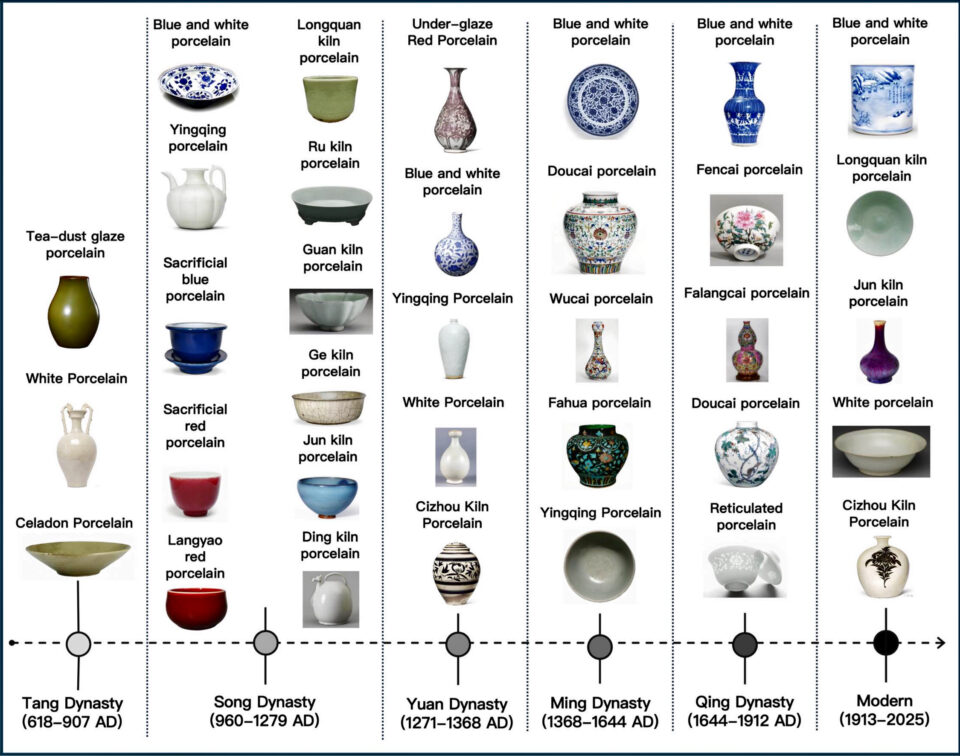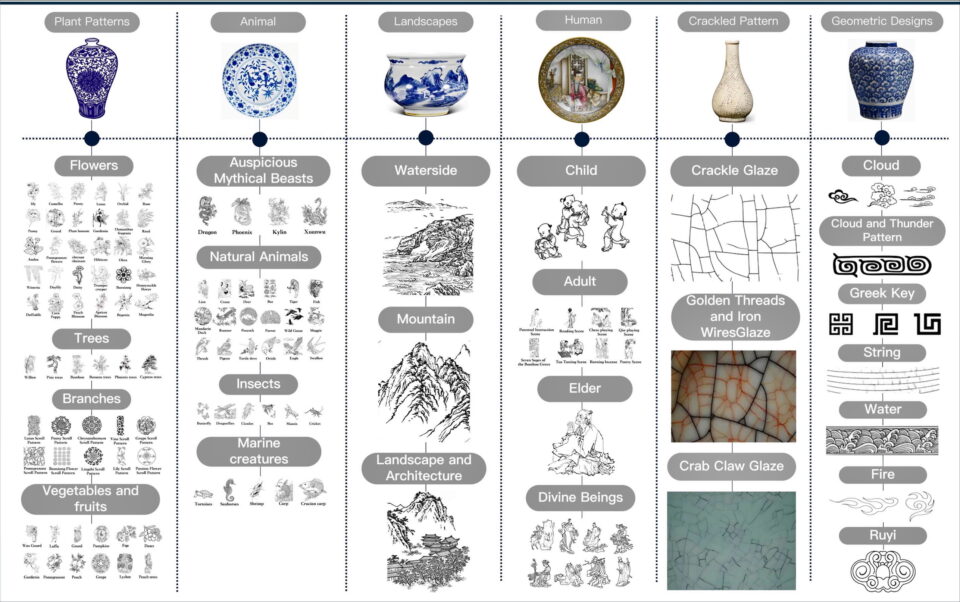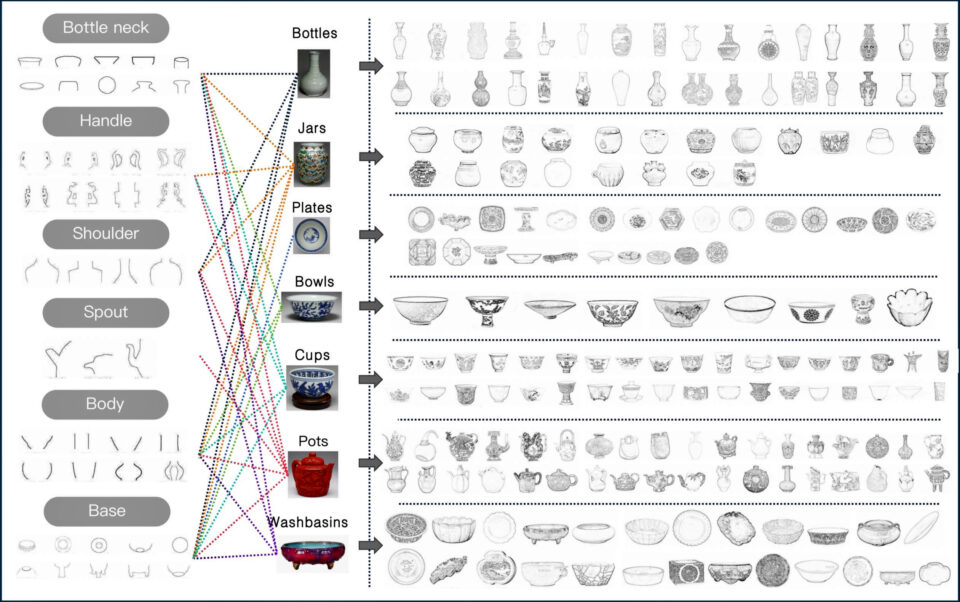Ceramics — the standard mixture of earth, hearth and artistry — have been a part of a world dialog for millennia.
From Tang Dynasty commerce routes to Renaissance palaces, from museum vitrines to high-stakes public sale flooring, they’ve carried tradition throughout borders, evolving into standing symbols, commodities and items of contested historical past. Their worth has been formed by aesthetics and economics, empire and, now, expertise.

In a lab at College Putra Malaysia, that legacy meets silicon. Researchers there, alongside colleagues at UNSW Sydney, have constructed an AI system that may classify Chinese language ceramics and predict their worth with uncanny precision. The software makes use of deep studying to investigate ornamental motifs, shapes and kiln-specific craftsmanship. It predicts worth classes based mostly on actual public sale knowledge from establishments like Sotheby’s and Christie’s, reaching check accuracy as excessive as 99%.

It’s all powered by an NVIDIA GeForce RTX 3090, a consumer-grade GPU beloved by avid gamers, explains Siqi Wu, one of many researchers behind the mission. Not an information middle, not specialised industrial {hardware}, simply the identical chip pushing body charges for avid gamers having fun with Cyberpunk 2077 and Alan Wake 2 internationally.
The motivation is as previous because the commerce routes these ceramics as soon as traveled: entry, however on this case, entry to experience fairly than materials items.

“Artifact pricing and courting nonetheless closely depend on knowledgeable judgment,” Wu stated. That experience stays elusive for youthful collectors, smaller establishments and digital archive initiatives. Wu’s staff goals to alter that by making cultural appraisal extra goal, scalable and accessible to a wider viewers.
It doesn’t cease at classification. The system pairs its YOLOv11-based detection mannequin with an algorithm that discovered market worth immediately from years of real-world public sale outcomes. In a single check, the AI assessed a Ming Dynasty artifact at roughly 30% beneath its last hammer worth. It’s a reminder that even in an trade steeped in custom, algorithms can provide new views.
These views don’t simply quantify heritage, they lengthen the dialog. The staff is already exploring AI for different types of cultural visible heritage, from Cantonese opera costumes to historic murals.
For now, a graphics card constructed for gaming is parsing centuries of expertise and getting into one of many world’s oldest and most world debates: what makes one thing useful?



